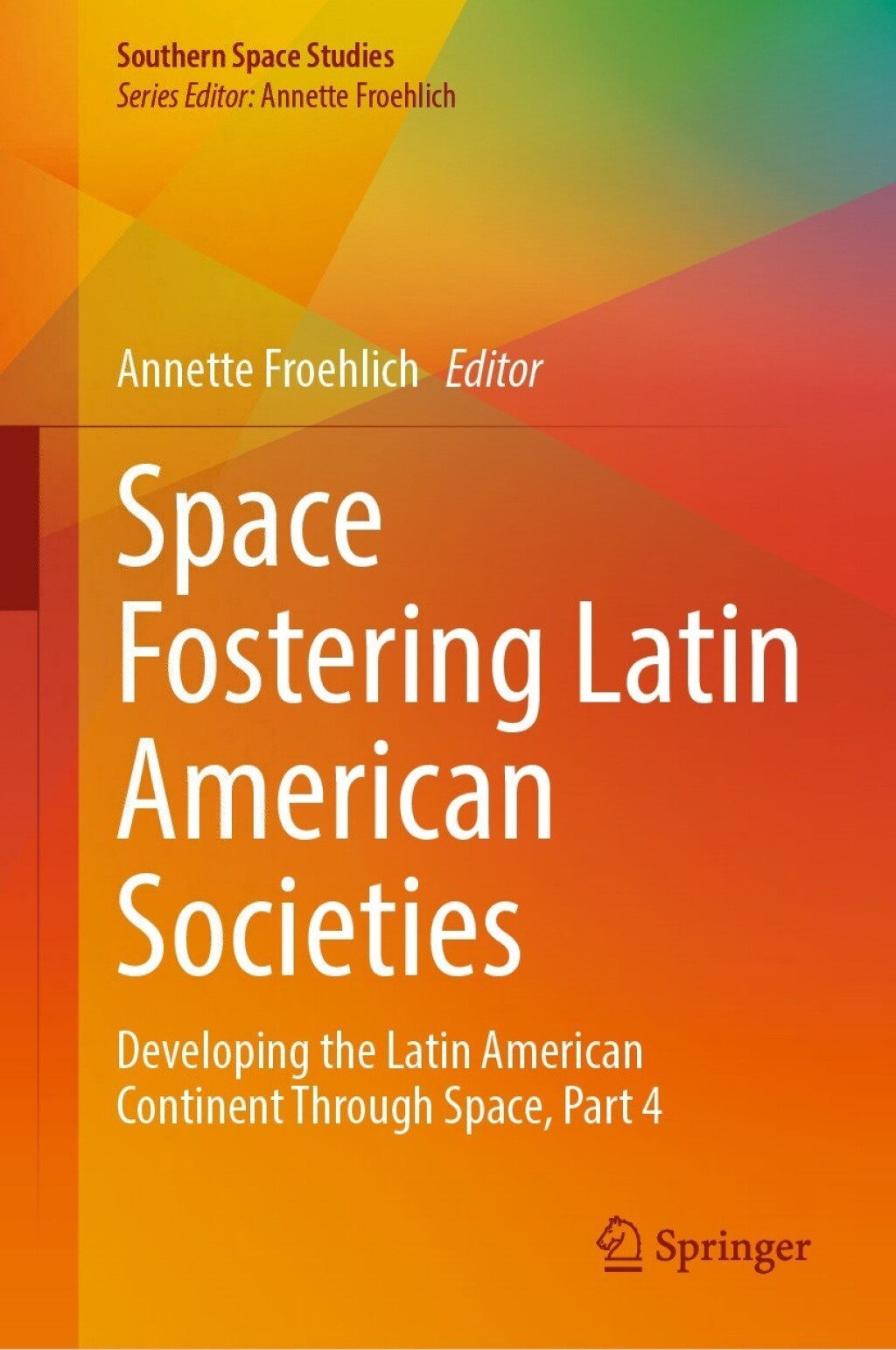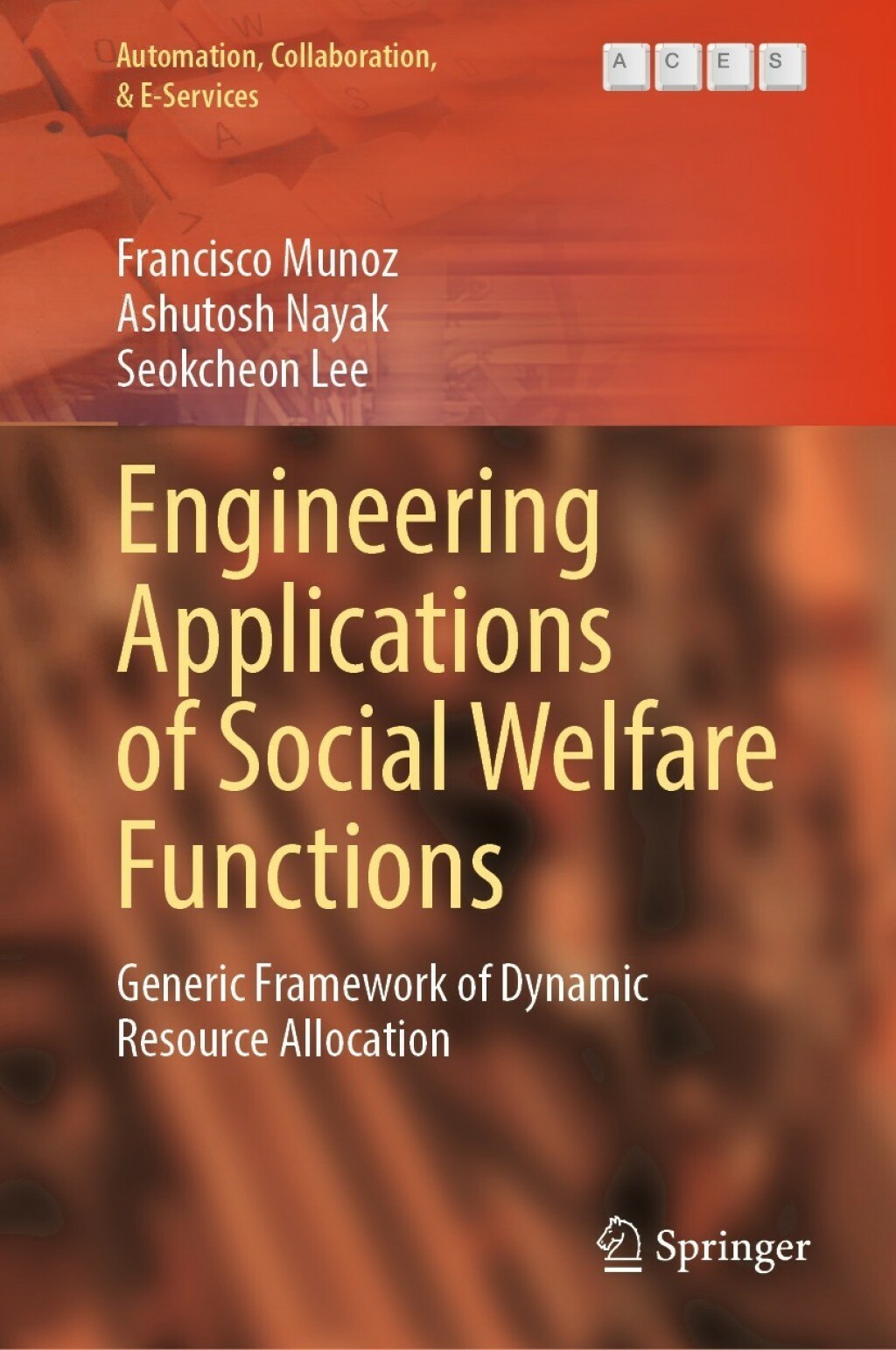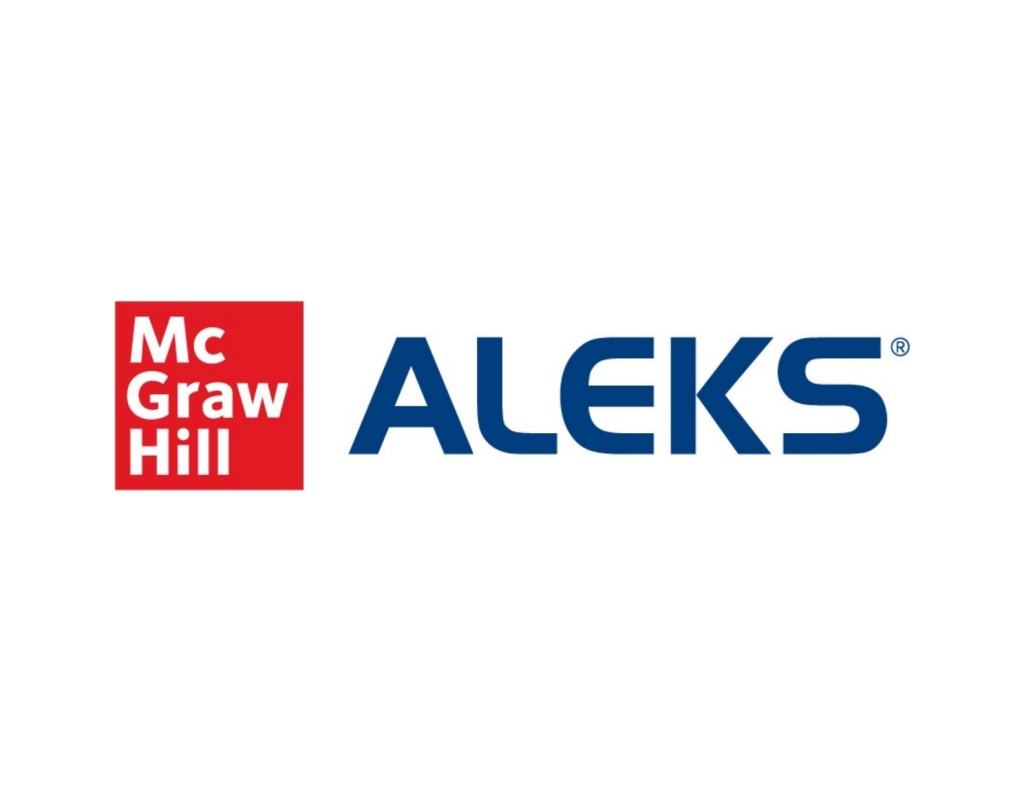Description
This book presents social welfare functions as a unified multidisciplinary framework for various resource allocation problems. By measuring the impact of local decisions on broader society, social welfare functions enable “socialized” decisions and thereby produce an emergent property that “global” balance and welfare emerge from “local” welfare-maximizing behaviors. Social welfare functions are originally used in economics to quantify income welfare, jointly considering average and inequality to arrive at better measures of welfare than average alone. Wishing the readers to find opportunities for their problems of interest, this book introduces research results of social welfare functions applied in five different engineering applications, defining welfare metrics pertaining to the characteristics of the application. The “energy welfare” in wireless sensor network measures richness of distributed sensors in energy. The “preparedness welfare” in emergency medical services quantifies the preparedness level of an entire service area by aggregating preparedness levels of individual zones. The “preference welfare” in intelligent shared environments represents the opinions of real people for groups. The “resource welfare” in multi-robot task allocation quantifies the efficiency of utilizing distributed resources across robots. The “utility welfare” in complex cyber-physical systems quantifies the impact of local resource sharing decisions on the broader task communities.










